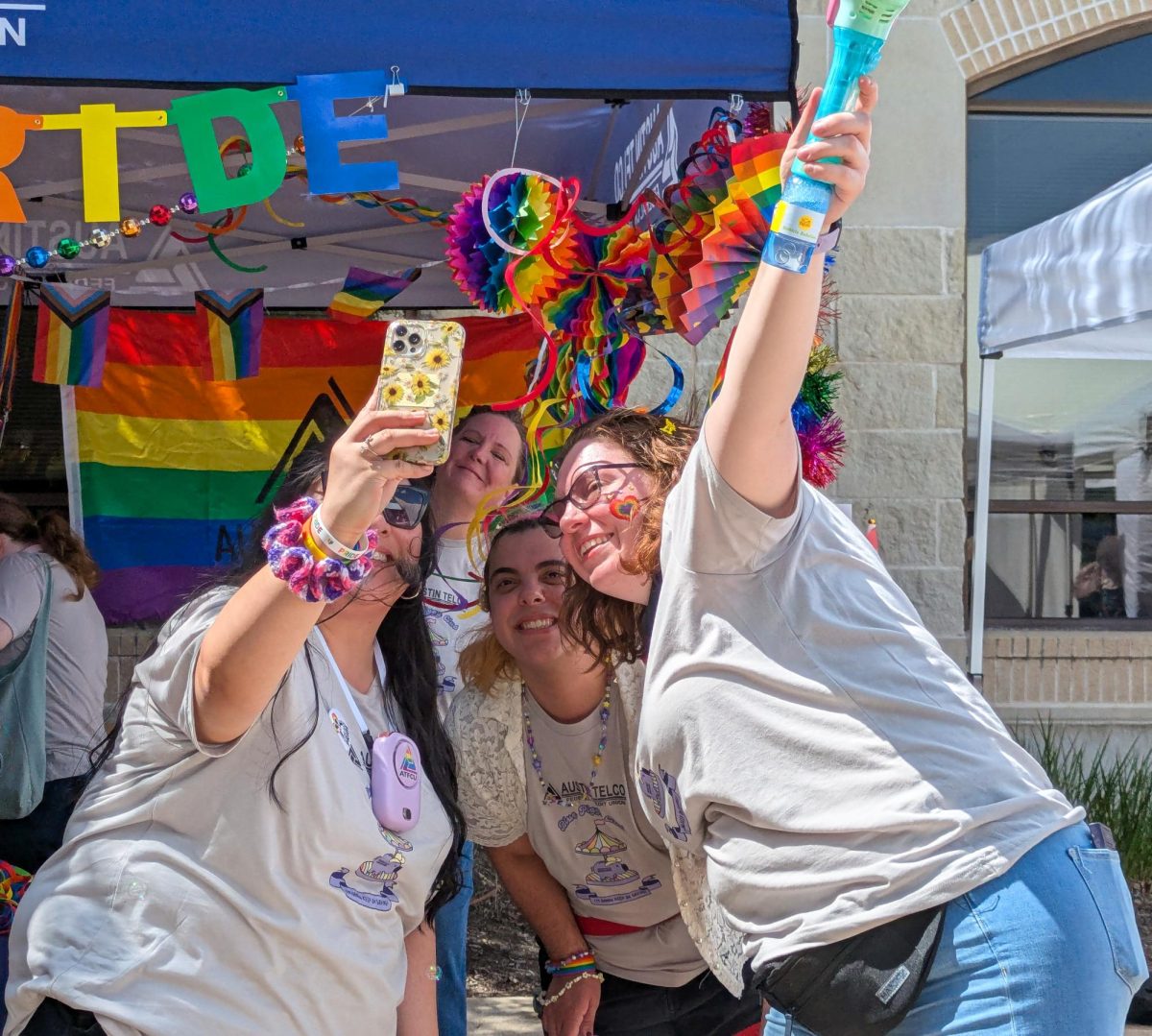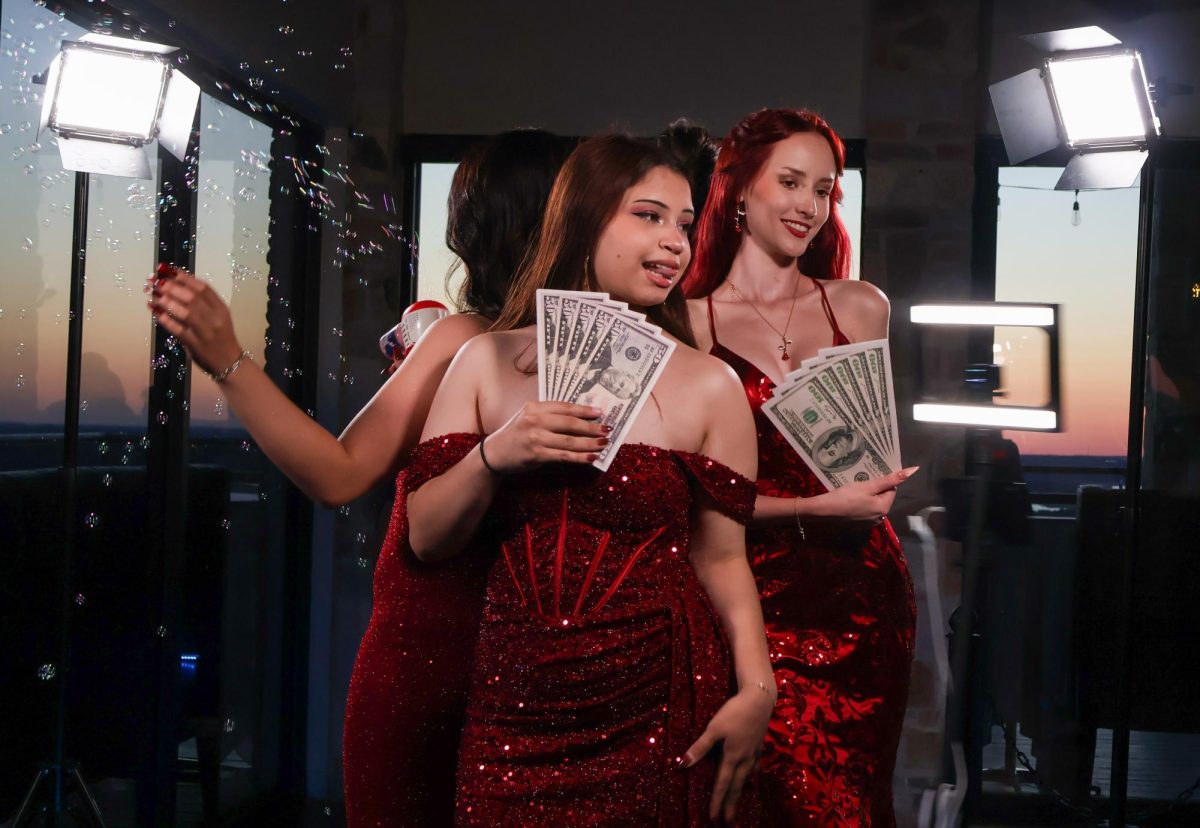The glitz and glamor of Hollywood have enthralled the American public since the beginning of show business. It’s well known— there’s no business like show business. And one of the main hallmarks of the business is the awards shows. For decades, shows like the Oscars, Emmys, Tonys, and Golden Globes have captivated audiences as celebrities dress up in their elaborate gowns and tuxedos and prepare to honor the year’s best creations.
However, it’s no secret that the industry has been evolving. In the era of streaming, what constitutes a successful movie has changed. The art-house dramas and three-hour think pieces often honored by the Oscars just don’t have the same traction they used to in an era of zippy straight-to-streaming movies. Each year it seems that Oscars viewership just continues to drop.
All of this begs the question: are awards shows losing their relevance? As social media has become more and more prevalent within our society, the tradition of awards shows is becoming increasingly outdated. In a time where all sorts of people from professional film critics, to cinephiles, to your average movie enjoyer can share their thoughts and opinions on platforms such as Letterboxd or Rotten Tomatoes, what would it matter to the everyday person what a stuffy old institution thinks? Furthermore, social media eliminates the need to tune into the live show. Why mess with cable or watch hours of ads when you can just keep an eye on the red carpet from X, formerly known as Twitter, and Instagram?
This struggle extends past the Oscars, and into other awards shows such as the Emmys, or Golden Globes. Both shows have hit all-time lows in terms of viewership over the past two years. In the case of the Golden Globes, a diversity scandal caused the show to not air for a year and irreparably tarnished its reputation.
Beyond the behind-the-scenes controversies, the awards shows themselves are an issue. The Oscars have garnered a reputation for being stuffy and out of touch, and that claim is not entirely unfounded. While the fashion and grandiosity of it all are certainly appealing, the format of the actual show has stagnated. Hosts will do skits that may elicit a mild chuckle at best and a full-body cringe at worst. Presenters stand awkwardly and give a stilted monologue about the power of the film industry. It can all feel quite tunnel-visioned, and self-congratulatory, and is also simply not interesting enough to hold the attention of many viewers.
Awards show leaders maintain that the award shows help elevate the work done within the film industry, as well as encourage people to go out to the movies. While this is partially true, the movies that tend to get nominated are often long, heady, pretentious dramas that don’t tend to cause people to storm cinemas. Generally speaking, more lighthearted blockbuster films are what tend to draw people to the theaters.
This leads to a different question: does nominating these popular lighthearted blockbuster films serve to diminish the worth of an Oscar? As the Academy has moved towards being more open to blockbusters and more nontraditional “Oscar films”, critics have insinuated that such films are unworthy of the prestige that comes with an award like an Oscar.
On the one hand, nominating films like Barbie can help attract more viewers than the long, thought-provoking, “serious” film. While perhaps not as deftly written or well-developed as some of its headier competition, what blockbusters like Barbie do for pop culture, is greatly influential. Granted, some blockbuster films are just shallow, and that’s fine. They served their purpose in a different way by bringing people to theaters at a time when box offices were struggling post-pandemic.
However, the majority of Oscar-nominated films are often serious, fronted by a talented lead, quite long, and backed by a lauded director. These are the films that we come to expect from the Oscars, but they aren’t the films that most people are rushing to theaters to watch. If the Oscars got off their high horse and nominated more films people were genuinely enthusiastic about, it could help to increase enthusiasm around the awards themselves. Of course, it’s still important to nominate the year’s best films, regardless of their popularity. Lots of people are exposed to great films through the best picture nominations. However, it’s important to find a balance between the two to help increase viewership and excitement around the awards.
So-called Oscar bait is another factor that affects the relevancy of the award. When a viewer watches a film and it’s clear the driving force behind it is an Oscar, they feel the lack of passion. Films that affect people are films that are made with genuine love, care, and true passion for the story being told. When viewers can feel the insincerity or ulterior motives behind a film, it sours the institution that these filmmakers want so badly to impress.
In addition, shows like the Oscars have long been criticized for their narrow scope of success in the industry. Infamous for excluding people of color and women from its nominations, many people begin to doubt the true objectivity and motives that the Academy has in selecting its nominees. Last year, there were no women nominated for Best Director, despite the myriad of excellent female-led films created. This year, despite its Best Picture nomination, neither Greta Gerwig nor Margot Robbie received Best Director and Best Actress nominations, respectively. The criticism surrounding nominations isn’t limited to gender discrimination. In 2016, #OscarsSoWhite began trending on social media following the announcement of the year’s overwhelmingly white nominations. While there have been historic breakthroughs since in terms of representation, the majority of nominees and winners are still white and male. Representation in the media is a powerful societal force, and it’s something that ought to be celebrated by the Academy.
All of these factors have certainly contributed to these shows’ decline in popularity. However, there’s still plenty to be said for awards shows. Perhaps the biggest appeal of award shows is the escapism of it all. For three hours, viewers are enveloped in all the glamor of show business. Viewers watch beautiful people in their gorgeous attire chat, mill about, laugh, and rib each other. It’s voyeuristic for your average Joe who’s tuning in. Moreover, it’s guaranteed that you’ll watch somebody’s dreams come true. The tears flow as performers and directors clutch a golden trophy they’ve dreamed of getting to hold for years.
For the young viewers watching at home, it can spark new dreams and inspire children to follow their passions in the hopes of one day being on the same stage that their wide eyes see on the familiar screen of their television. Although it’s no secret that Hollywood is an infamously toxic and insincere industry, fame is ephemeral, and nepotism abounds, viewers can forget about that for one night and watch these stars achieve their lifelong dreams.
For cinephiles, the show is an opportunity to see some of the best talents in the industry be celebrated for their hard work and incredible creations. Film is ever-evolving, and has the ability to deeply affect people. Media, and the representation therein, is a remarkably powerful conduit for social change that does have the power to transform our society. When people feel truly seen or represented on the silver screen it can mean everything.
Ultimately, if the Oscars want to stay relevant within today’s entertainment landscape they’ll have no choice but to adapt. While there’s something to be said for the preservation of one of the film industry’s most time-honored institutions, the fact is that times are changing. If the Oscars are to maintain their significance while still balancing the prestige that comes with the award, they’ll need to experiment to find what will hold a larger audience. While it’s important that the show maintains what makes it unique, there are aspects that need to change and move forward if these shows want to maintain their relevance.














